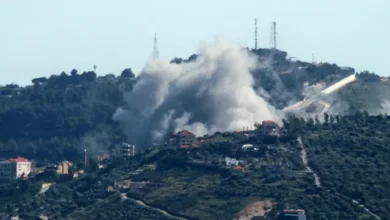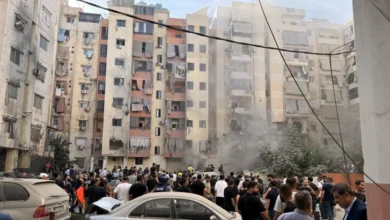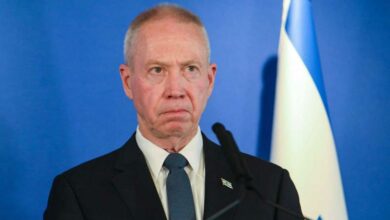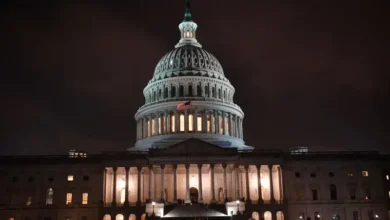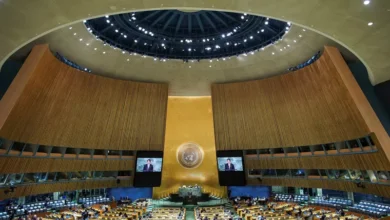The end of fear in Syria
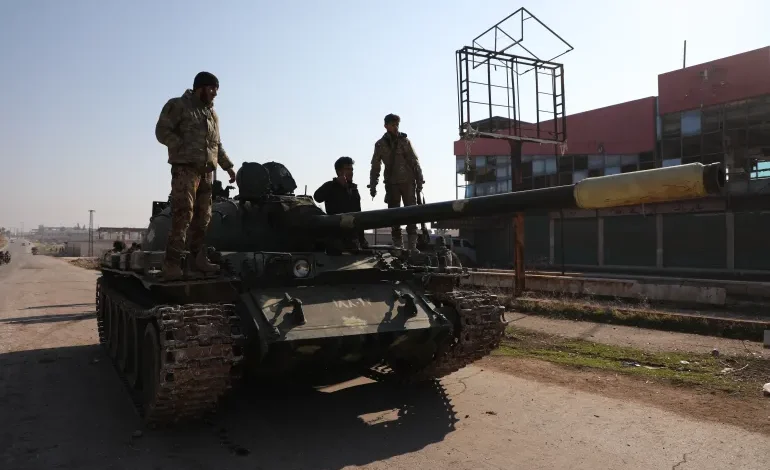
Until the fall of the al-Assad regime, the word “dollar” was forbidden in public. Instead, people used anything green – my favourite substitute was “molokhiyeh”, the green leaf eaten in a stew in Arab countries.
This was a story I heard many times from Syrians when reporting from Aleppo and Damascus in the days following the regime’s overthrow. Under the former regime, the walls had ears and anyone could be listening on a street corner or the other end of the phone line.
The wrong phrase or word – “dollar”, for example – could land you in one of al-Assad’s notorious prisons.
Now, with the House of al-Assad in exile, a sudden freedom burst through that had not been possible in the last five and a half decades of dynastic family rule.
Syrians I met understood how fragile and fleeting such freedom of expression could be – many telling me a few days of experiencing it were enough to never want to go back.
“Before, you would get your rights through connections and bribery,” Yamen Sheikh Mukhaneq, 21, said, standing outside the Umayyad Mosque in Damascus on the first Friday prayer after the regime’s collapse.
While I’ve reported on Syria a lot since I started in 2011, and spoken to many Syrians in Lebanon, Jordan, Turkiye, Egypt, the United States, France and elsewhere, I’d never reported from Syria itself.
Walking under pomegranate and lemon trees in the streets of Old Damascus and peering into abandoned courtyards brought to life, so many stories I’d heard from Syrians of what had been taken away from them in exile sprang to my mind.
It was surreal, something I could never have imagined even two weeks earlier. I began to imagine an alternative reality where my wife and I would take day trips to Damascus from Beirut to visit friends or marvel at the historic neighbourhoods, or even drive through Syria to Iraq, Jordan or Turkiye.
No more one-man rule
Syria is free and open, and in this renewed nation, there is much hope. Fighters I interviewed in Aleppo, who had been exiled as children and returned as liberators, expressed unbridled joy at being able to stand once again at the footsteps of the city’s historic Citadel.
But with new freedom, there are concerns and pitfalls. After all, any Syrian in the country who is less than 60 years old will not know what life is like under anything other than a repressive, autocratic authority.
On Friday, December 20, I pushed through the packed crowd at the Citadel of Aleppo with Yousef Ahmad, a professor of accounting at Aleppo University.





